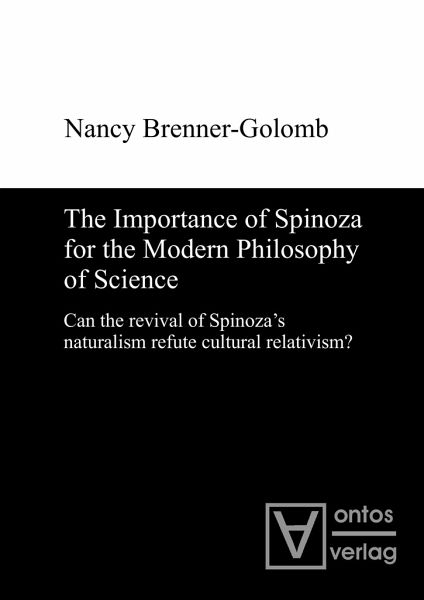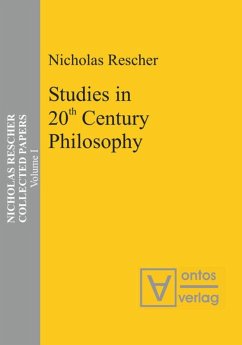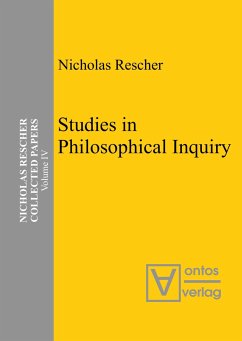
The Importance of Spinoza for the Modern Philosophy of Science
Can the revival of Spinoza's naturalism refute cultural relativism?

PAYBACK Punkte
0 °P sammeln!
The question raised in this book is why Spinoza's work which comes so close to the modern view of natural science is not prominent in the social sciences. The answer suggested is that this is due to the lingering influence of the Cartesian differentiation between the domain of science, dealing with material bodies in space and time, and the realm of thought to which the mind belongs. Spinoza's rejection of this mind/body dualism was based on his conviction that the human mind was an essential part of the 'forces' which maintain human existence. Since this view fits so well the evolutionary vie...
The question raised in this book is why Spinoza's work which comes so close to the modern view of natural science is not prominent in the social sciences. The answer suggested is that this is due to the lingering influence of the Cartesian differentiation between the domain of science, dealing with material bodies in space and time, and the realm of thought to which the mind belongs. Spinoza's rejection of this mind/body dualism was based on his conviction that the human mind was an essential part of the 'forces' which maintain human existence. Since this view fits so well the evolutionary view of life, the book suggests that after Darwin, when this dualism became untenable, it was replaced by a nature versus culture dichotomy. The book examines whether the history of the philosophy of science supports this explanation. The author believes that answering this question is important because of the rising influence of cultural relativism which endangers the very survival of modern science and political stability.














